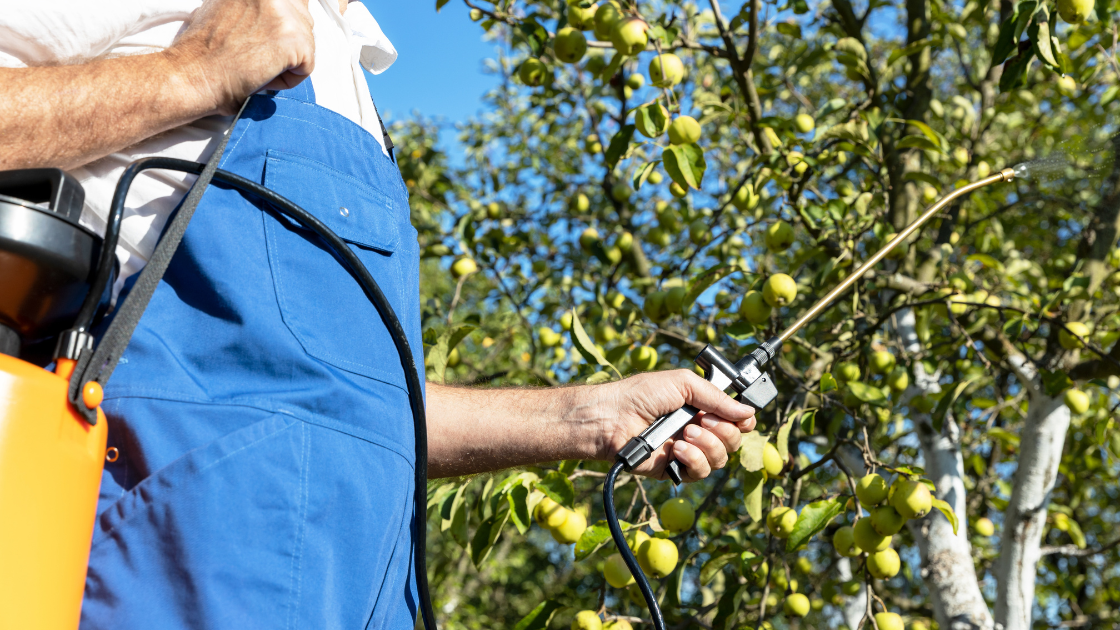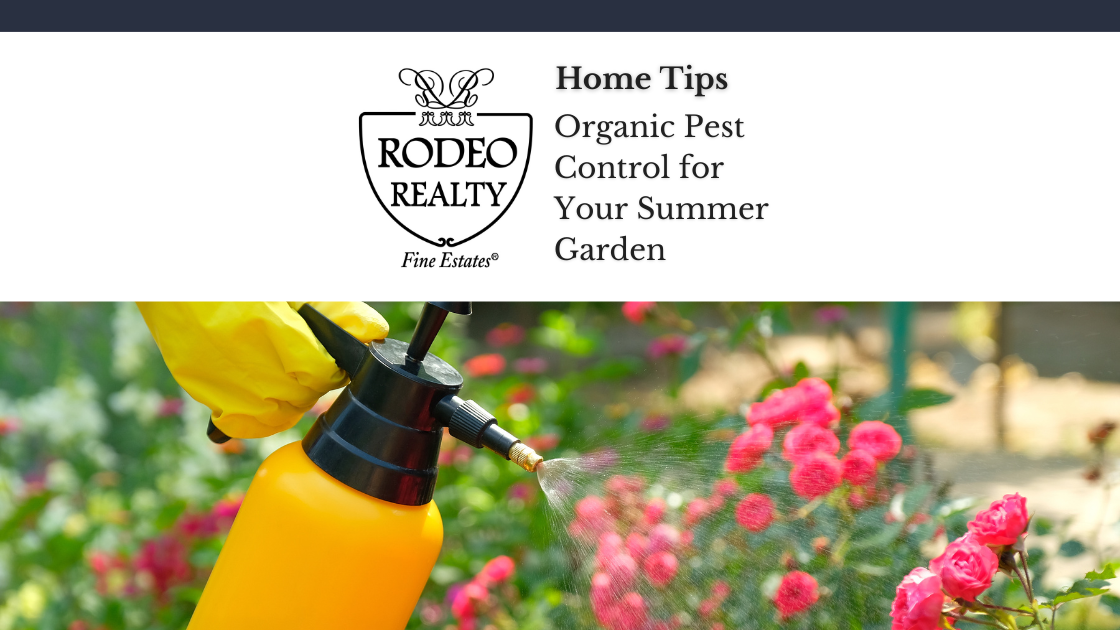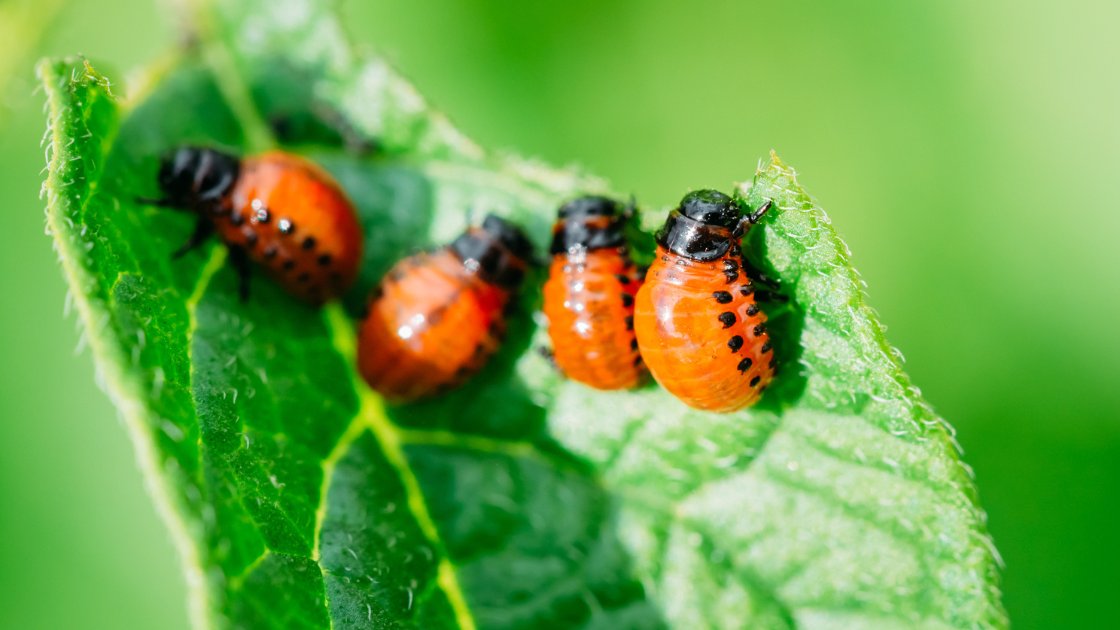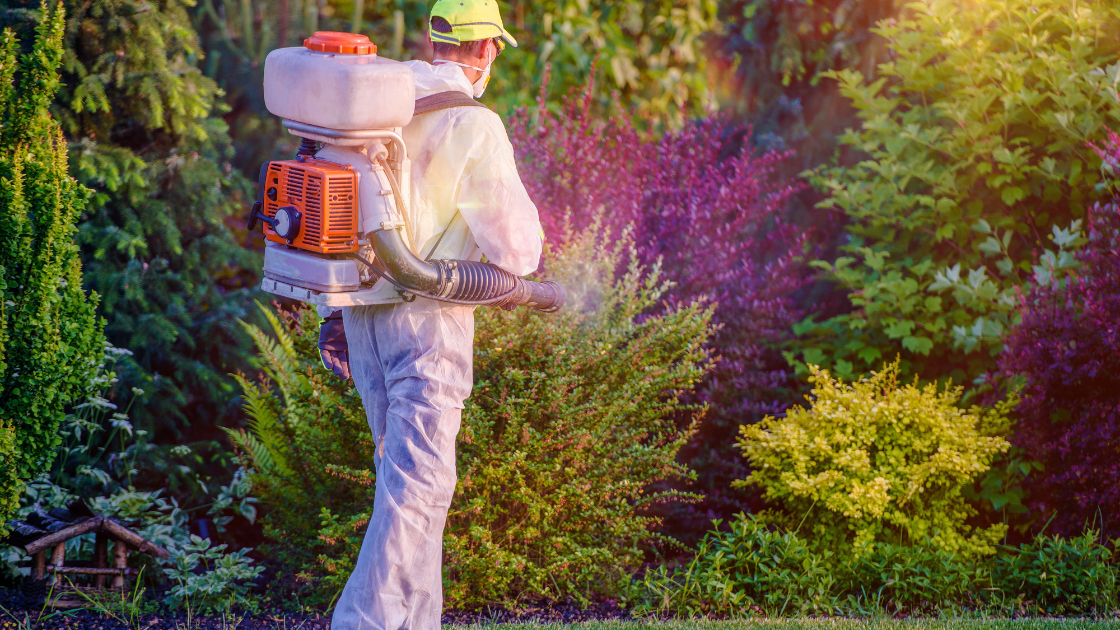Summer is synonymous with blooming gardens, ripe fruits, and verdant foliage. However, it’s also the season when pests can become a problem, damaging your plants and dampening your gardening enthusiasm. But fear not; nature has its own way of handling these pesky invaders. In this blog, we will focus on organic pest control methods for your summer garden that are safe, effective, and environmentally friendly.
1. Use Beneficial Insects and Animals
Encouraging beneficial insects and other creatures in your garden is a great way to control pests.
- Ladybugs, spiders, and praying mantises are excellent at controlling aphids and other harmful insects.
- Birds can be a great help in controlling pests like slugs, caterpillars, and beetles. Install a bird feeder or a birdbath to attract them.
- Frogs and toads are valuable allies, too, consuming large quantities of insects. If you have a pond, you’re likely to attract these helpful creatures.
2. Companion Planting
Some plants have the natural ability to repel certain pests. Planting these alongside your vegetables and flowers can help protect them.
- Marigolds are known to repel nematodes, beetles, and even rabbits.
- Basil can deter flies and mosquitoes.
- Garlic and onions can help repel several pests, including slugs and aphids.
3. Homemade Pest Sprays
You can create organic pest sprays using common household ingredients.
- A mixture of 1 tablespoon of dish soap and 1 cup of vegetable oil can be diluted with water and sprayed on plants to deter a range of insects.
- Chili or garlic spray is very effective against pests like ants, aphids, and beetles.

4. Diatomaceous Earth
Diatomaceous earth is a non-toxic powder made from crushed fossilized algae (diatoms). Sprinkle it around your garden to control pests like slugs, beetles, and cockroaches. It’s safe for humans and pets but deadly to insects with exoskeletons.
5. Crop Rotation and Diversity
Planting the same crop in the same place each year can attract certain pests. Rotate your crops annually to prevent this. Additionally, planting a diversity of crops can confuse pests and make your garden less susceptible to massive invasions.
6. Regular Garden Maintenance
Keeping your garden clean and tidy can go a long way in preventing pests. Remove dead leaves, twigs, and rotten fruits that can attract pests. Regularly check your plants for early signs of infestation.
7. Use Barriers and Traps for Pest
Use netting to protect your plants from birds and larger insects. You can also use beer or yeast traps for slugs and snails. Pheromone traps can help with pests like moths.
While these organic methods are safer alternatives to chemical pesticides, they require patience and regular application. Remember, the goal is not to create an entirely pest-free garden—some pests are essential for a healthy ecosystem. Instead, aim for a balanced environment where pests are kept at manageable levels. Happy gardening!


